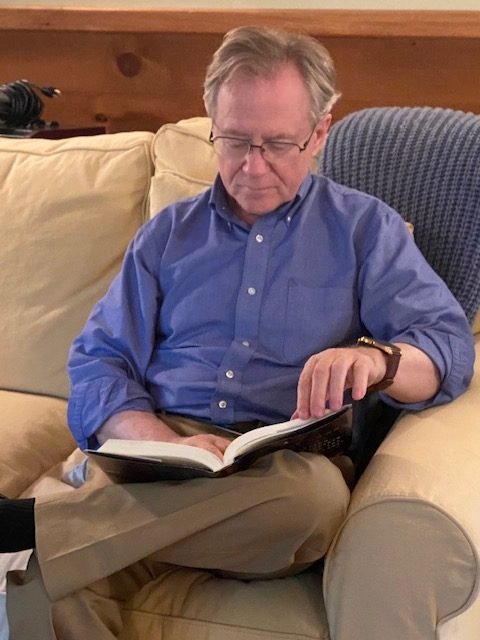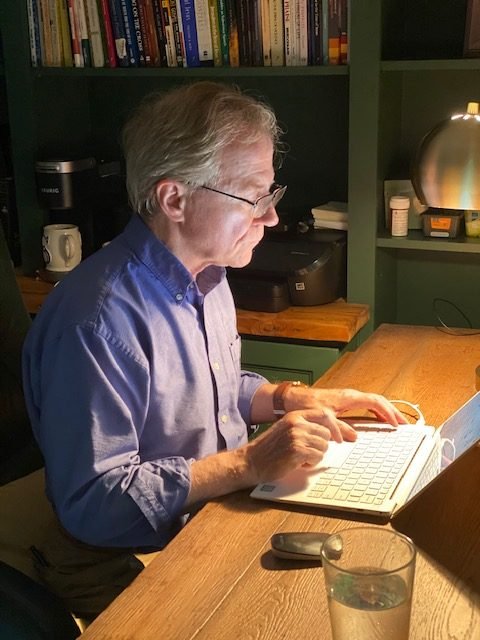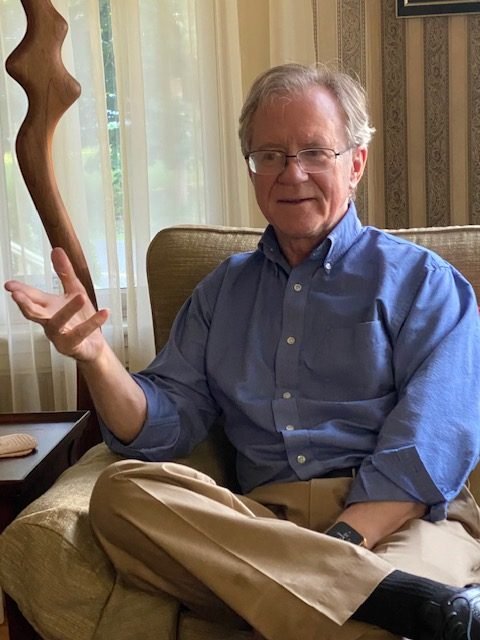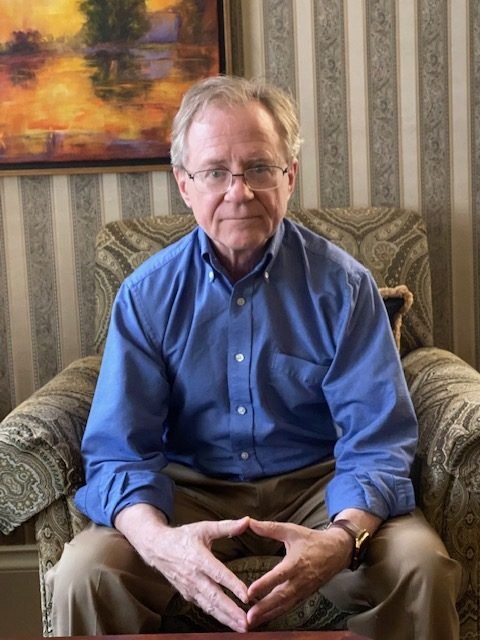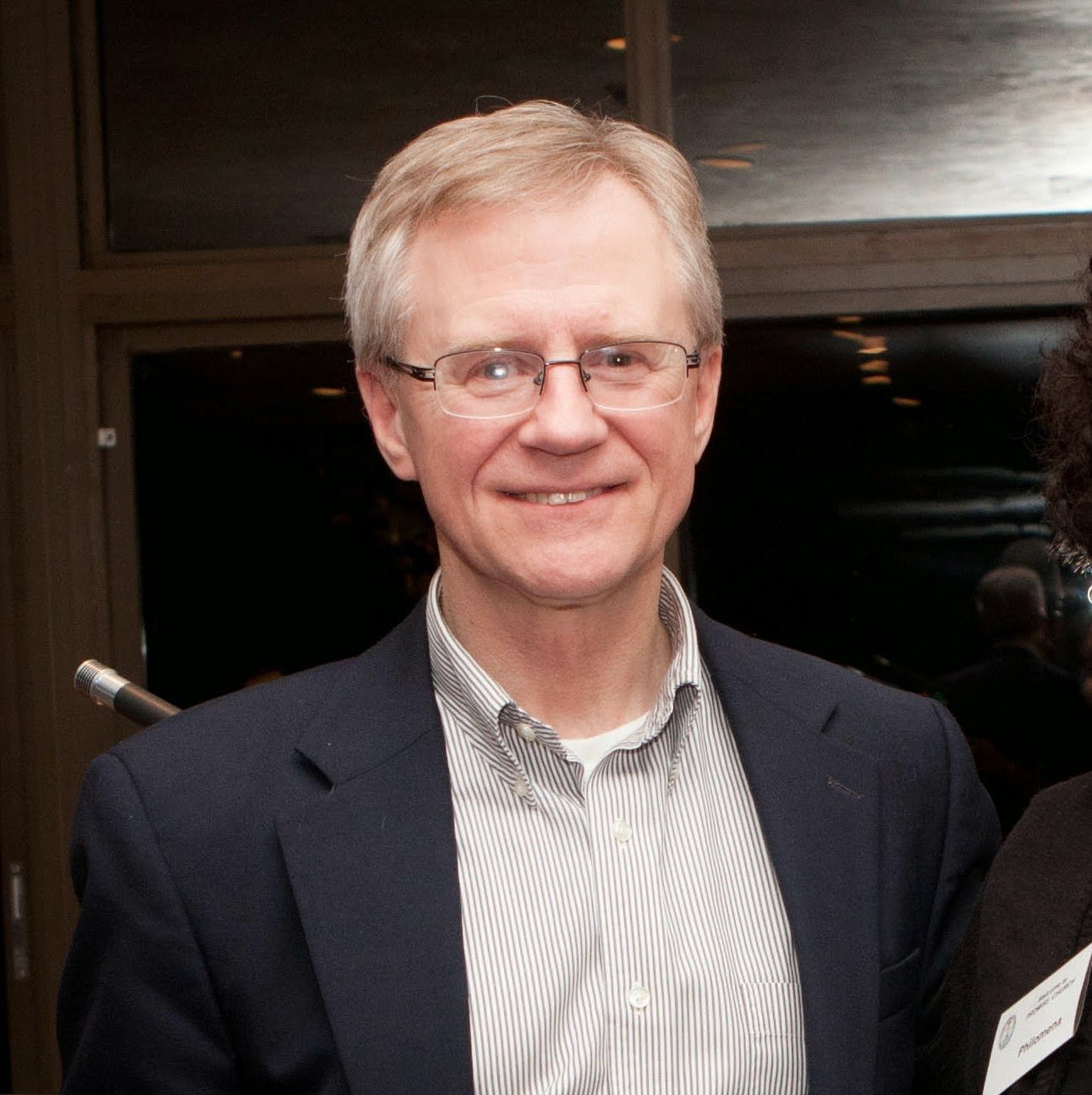Interview with Stan Duncan, author of new book,
THE FIRE ON POTEAU MOUNTAIN
Available now from Amazon.com or Adelaide Books
February 9, 2021
1.Tell us a bit about yourself – something that we will not find in the official author’s bio?
I don’t totally recall what was in the official bio, so some of this will overlap. I am originally from Oklahoma and lived for some years in the small town up in the Kiamichi Mountains where these stories took place. I have an embarrassing number of degrees, two in religion and two in economics and a fellowship at Harvard in both. And I have worked and published in both fields all my life. I was a college professor for a while and a church pastor for a while and a wide variety of other jobs, like van driver, restaurant owner, club pianist, and economics commentator for public radio’s “MarketPlace.” Perhaps my most daring job was in El Salvador, in the late 1980s, where I work as an economic development advisor for a consortium of nonprofits in Central America during the region’s many civil wars. It was the most exciting and dangerous period of my life, and is the setting for my current novel.
2. Do you remember what was your first story (article, essay, or poem) about and when did you write it?
The earliest completed story that I can remember writing was for a creative writing class in my Freshman year of college. It was a series of letters from a young woman off on her own trying to assure her worried parents that she was fine. Each letter creates an increasingly large (and false) world of many friends and a wonderful boyfriend. But when the family evidently (in an unseen letter) has offered to come see her, her notes begin to change. They start encouraging them to not come, and when the family doesn’t seem convinced, they say that one-by-one her friends and boyfriend have either moved away or died and she is now very sad, and that now if they still want to come and visit, they can.
It was overly obvious and a bit “too clever,” but I was trying to build on a theme that a lie can go awry and have consequences, and I was eighteen and it was the best I could come up with. At eighteen, I thought everything I wrote was great.
3. What is the title of your latest book and what inspired it?
It’s called The Fire on Poteau Mountain, which is from the title of the last story in the collection. It was written like a memoir of memories and stories of an aging pastor who once served a small church in a small town called Heavener, Oklahoma. Each story is more or less a stand-alone piece, but the setting and many of the characters interlock. I initially started writing it to put down some of my own memories of that beautiful little place, but the setting and characters soon took on a life all their own, and a collection of short stories (all fiction) began to emerge. Over many years, when I would occasionally run across a difficult conflict or complicated person, or some interesting human interaction, I would wonder how that person or event might be “spun out” into a longer story with new twists and turns, and then eventually it became a book-length collection..
4. How long did it take you to write your latest work and how fast do you write (how many words daily)?
I don’t write fast at all. The Fire on Poteau Mountain was collected over about ten years. A few years ago I published a book on economic globalization, about the ways that problems and issues of trade and finance harm poor people around the world, and that also took about ten years. I hope that’s not the pattern for the rest of my writing life; I’m hopeful that this next one will break that pattern.
I don’t have a real sense of how many words per day that I can put out. It’s been several months since I wrote on a daily basis. Since then life has been filled with retirement, a major move, COVID-19, and chasing love. Some things demand priority even when I don’t want them to.
5. Do you have any unusual writing habits?
Probably not. For many years my most consistent time of writing was in the early evening after work, when I would settle into the couch, turn on some music, pour a glass of wine, and then write. I’m retired now, so I’m hopeful that after the dust of the new life settles, I can recreate that habit (but with much more time for sitting and writing).
6. Is writing the only form of artistic expression that you utilize, or is there more to your creativity than just writing?
No. My biggest creative expression today is playing and composing music for the piano. I have boxes and boxes of my (largely unpublished) sheet music for bands or choirs or solo piano. I also do pen and ink drawings that have sometimes turned out well. In the past I did some nice wood carving and clay molding and wire sculpting, but it’s been a long time.
I also think I’m pretty good at playing the spoons, but so far I haven’t seemed to have been able to develop much of a fan base for that particular gift. (Maybe someday…)
7. Authors and books that have influenced your writings?
There are so many that it is hard to choose, but here are a few great writers who have fed and inspired me. John Steinbook, Norman Maclean, Pat Conroy, Andre Dubus II, Margaret Atwood, Toni Morrison, Gabriel García Márquez, Ralph Ellison, Ian McEwan, Annie Dillard, Anthony Doerr, Eudora Welty, Walker Percy, and several others I can’t think of right now.
8. What are you working on right now? Anything new cooking in the wordsmith’s kitchen?
The book I am working on now is set during the eighties in El Salvador, where I once lived and worked and loved and nearly died. And it is inspired by those experiences. The tentative title right now is Zacamil, the name of a neighborhood in the capital city, San Salvador, which was a center of political organizing during the war. My protagonist is an economics professor from the US who moves there after his wife died to do research on economic development projects. While there, in addition to encountering the politics and violence of the war, he also meets and has a relationship with a widow and her two children, who live in the Zacamil neighborhood. That area was bombed and strafed and nearly leveled by the government for over a week in November, 1989, resulting in over eight hundred people being killed. And it is the setting for the final conflict and climax of the novel.
9. Did you ever think about the profile of your readers? What do you think – who reads and who should read your books?
This is very hard to say, but it is something I’ve tried to understand many times. Most of my writing before now has been in religion, economics, and human rights, so my reading audience
will probably be at least slightly different. I am hopeful that they will be people who are versed in, or appreciative of, southern literary (slightly Gothic) fiction. That is a genre that I appreciate and live in, and hopefully have written in. My stories are filled with wife-beaters and addicts and molesters, and heroes. Even the good are flawed and some of the villains want to be free of their demons. I think people who have been wounded and discredited, and loved and forgiven will find a voice in these stories. I know that I have, and I’m one of those people.
10. Do you have any advice for new writers/authors?
- Don’t ever give up. And don’t put it off (we all are going to die, and your best seller may die with you, if you don’t watch out).
- Don’t pronounce or preach or proclaim on social or political issues. If you want/need to express them, let it come out of the depths of the story line or the passions and experiences of the character.
- Don’t try to sound overly grand or poetic. Let the dialog sound human and engaged and real. False-sounding dialog kills a good scene.
- Avoid cliches or common expressions. They are fine in your own conversation, but they can mortally wound dialog in a work of fiction. If you must use one, put it in quotes, or have your character say, “well, as the saying goes” or “as they used to say….”
- Strive for authentic renderings of humanity. A weak story line can still be a successful book if the reader identifies with and falls in love with, the heart and hurts of the protagonist.
- There are many more, but I’m a retired pastor, economist and van driver, so what do I know?
11. What is the best advice (about writing) you have ever heard?
Ann Lamott wrote a book some years ago called Bird by Bird, on how to write. I never read it, but I heard her give a talk on it one time and she told the story of its title. When she was young and couldn’t get her mind around how to write a term paper about birds because there were too many of them and she didn’t know how to start. So she went to her father for some advice, and he said to simply take it “Bird by bird.” Perfect. My best advice. Step by step. Move forward. Much of what you will write will be bad. But you’ll never get to the good stuff unless you plow along, putting one bird in front of the other.
12. How many books do you read annually and what are you reading now? What is your favorite literary genre?
A few years ago, when I was on a more regular reading schedule (which is to say, when I was married), I would probably read about fifteen to twenty books a year. But when life hit a hefty bump in the road (which is to say, when I was divorced), it dropped considerably. Maybe two or three books a year. I still read a lot for work, because I had to, but pleasure reading took a dive. Today my reading has gone up, but a lot of it is histories and journals and novels about El Salvador during their civil war, because that is what I am also writing about. Some of that is still quite pleasurable. For example, right now I’m reading Sandra Benitez’ The Weight of All Things, which is a beautifully written story of a young boy traveling across the country trying to find his mother after they became separated in a brutal shooting and panic in the capital city. I commend it to anyone.
13. What do you deem the most relevant about your writing? What is the most important to be remembered by readers?
What I hope is the case is that my characters are real and that they speak to our common humanity. They struggle to make sense out of a life that is in chaos and mystery and sometimes make it and sometimes don’t. I strive for their voice to be real and not affected. I want their lives to describe and explain, and hopefully heal, the rifts and tears in our shared aspirations and realities. That’s a little loose and vague, but it’s as close as I can come to touching the deep philosophical, theological heart of my stories. Even my new book, that has the structure of an adventure novel, has a lead character who moves to a developing country to find himself. He has been broken in despair because his wife died suddenly and he blames himself and he hopes that this over-the-top “mid-life crisis” will help heal him and give him the sense of something close to forgiveness. That is the real heart of the story, not whether or not he solves the mysterious crimes of assassinations.
14. What is your opinion about the publishing industry today and about the ways authors can best fit into the new trends?
I’m sure I’m not the first person who has looked at a question like that and something along the lines of, “If I knew the answer to that, I would be a wealthy person.”
The publishing industry is on the ropes right now, just like journalism, churches and brick and mortar stores. The internal fracturing of our society and norms and minds has been going on for decades and there is nothing in the foreseeable future that appears to be an antidote for that. What we might be able to say (perhaps based more on faith than evidence) is that Something will eventually emerge as a new way for writers and life to go on, and a new generation will probably evolve someday that will think of it as the “new normal,” and they will find joy and fulfillment in it. But between our time and that one there will be a great wall of immense pain and loss and dislocation, and there is nothing we can do about it but grieve and breathe and go forward.
My sense is that the best way that authors can be a part of the new “trends” is to chronicle the explosive emotional turmoil ahead of us in a way that readers will be drawn into it and reconciled by it. When readers see themselves and their emotional feelings in literary writing, they learn more about who they are inside and feel (slightly) stronger and more self-aware. The new writing doesn’t have to be straight journalism or history or political punditry, but it does have to have a heartbeat, it has to embody human hurts and aches, and resiliency and resurrections. Writers at their best can help us learn what our insides mean and how to maintain hope and sanity in the midst of a world that has lost its grasp on both.


